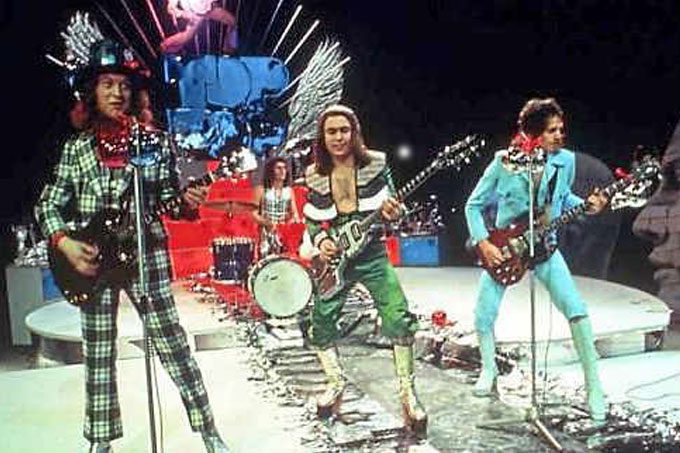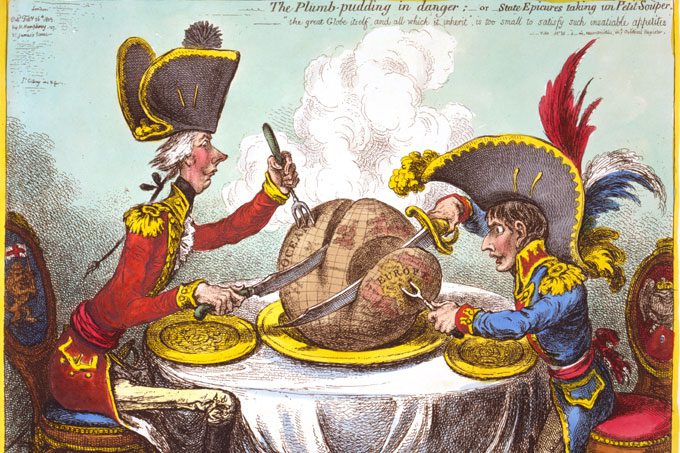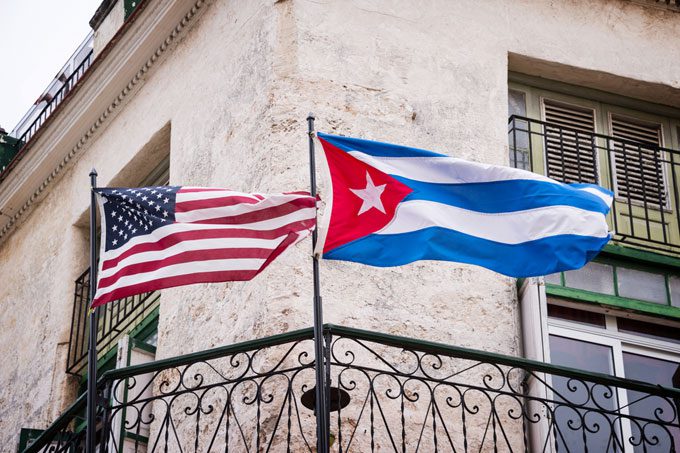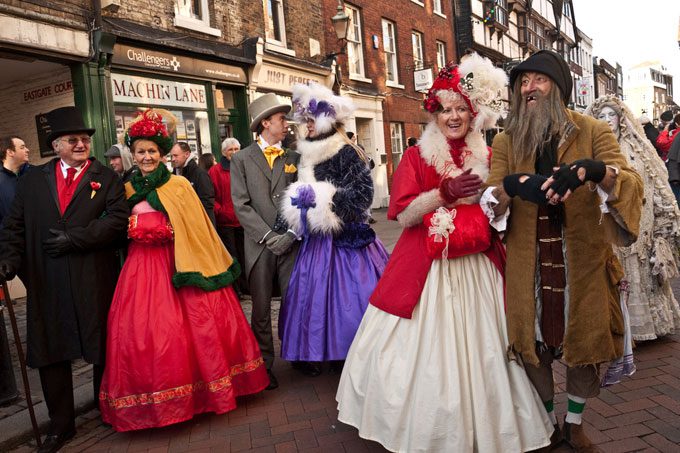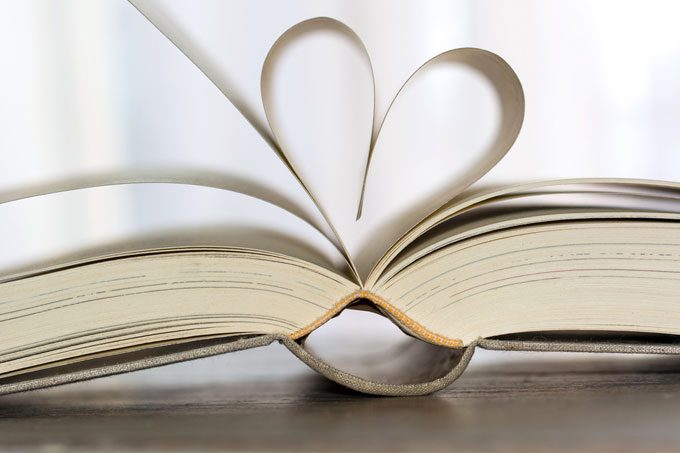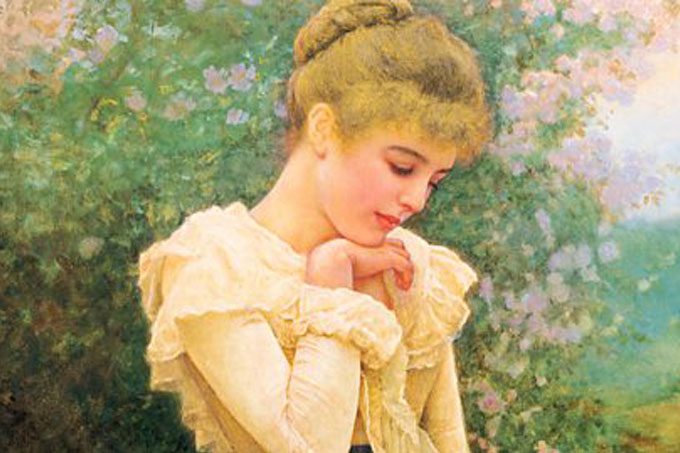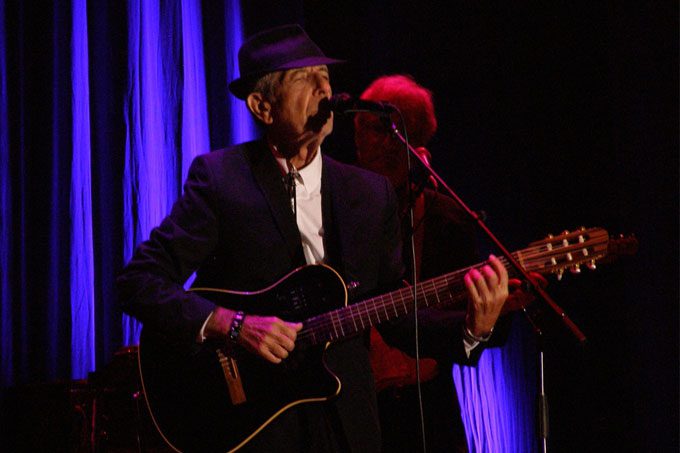Dr Vanessa Hawes, Senior Lecturer in Music, featured on Channel 5’s Britain’s Favourite Christmas Songs this week sharing her views on why we love certain Christmas songs.
Seasonal satire or self-censorship?
Peter Vujakovic, Professor of Geography in the School of Human and Life Sciences, explores the use of caricatures in media publications during the festive season.
Breaking the gender stereotype toy trap
Dr Marios Kostas, Senior Lecturer in Early Childhood Education and Care, explains why breaking away from traditional gender stereotype toys could be the best present you give your child this Christmas.
#DumpKelloggs: Breitbart, the alt-right, and Special K(KK)
Dr Michael Goodrum, Senior Lecturer in the School of Humanities, discusses Kellogg’s decision to pull its advertising from Breitbart and its history of decision-making based on values.
Fidel Castro’s death underlines the importance of continued US-Cuban engagement
Dr Steve Long, Senior Lecturer in Modern US Foreign Policy, asks ‘what next for US-Cuban relations?’
Dickens and Kent: did Scrooge visit the county?
Ahead of the annual Dickensian Christmas Festival 2016, Professor Carolyn Oulton, Director of the International Centre for Victorian Women Writers (ICVWW) discusses Dickens’s Kent roots.
Arts, culture and poetry to the rescue
Dr Ken Fox, Principal Lecturer for School of Media, Art and Design, explains why the arts and creative industries are still so important for modern society.
Is Lady Audley guilty – you decide?
Professor Carolyn Oulton, Director of the International Centre for Victorian Women Writers (ICVWW) explores the novel, Lady Audley’s Secret, complementing the Centre’s events taking place as part of the Being Human festival.
Leonard Cohen’s Jewish farewell
Dr Maria Diemling, Reader in Jewish-Christian Relations in the School of Humanities, looks at the influence of Leonard Cohen’s Jewish background on his final album.
